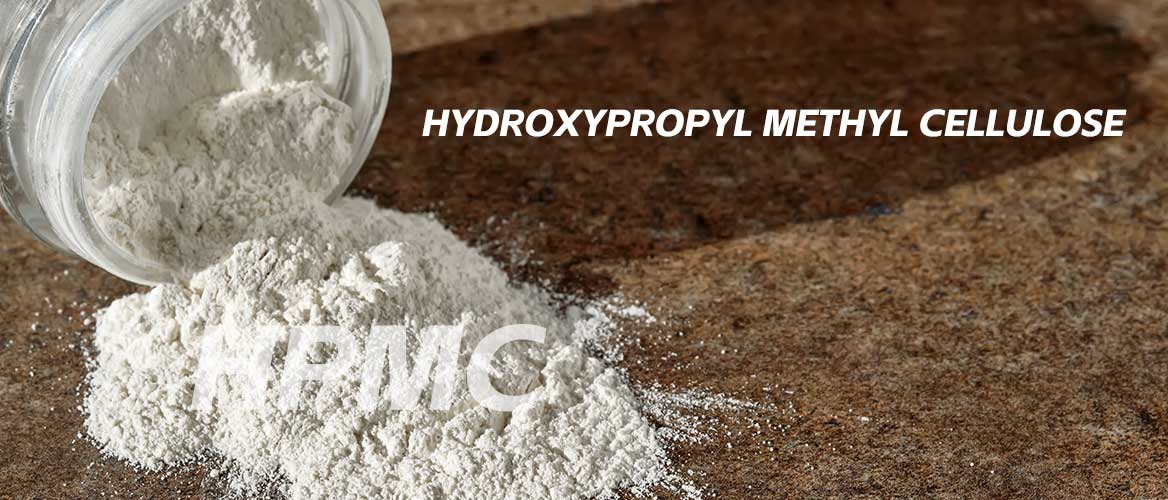
Application of Hydroxypropyl Methyl Cellulose in Dry Mix Mortar for Construction
2025-08-05 17:37Hydroxypropyl Methyl Cellulose (HPMC) is a non-ionic cellulose ether derived from natural cellulose through chemical modification. It is a non-toxic, odorless, white to off-white powder that dissolves in cold water to form a transparent, viscous solution. Due to its unique chemical structure, HPMC imparts several key properties to dry-mix mortars: thickening, water retention, dispersion, and film-forming. These characteristics make it an indispensable additive in mortars based on cement, gypsum, and other materials.
Four Core Applications of HPMC in the Construction Field
HPMC is widely used in dry-mix mortars for construction. While its role varies depending on the material system, the goal is always to improve the final product's performance and construction efficiency.
Tile Adhesives
Extends Open Time: HPMC's excellent water retention effectively slows down the drying rate of cement, giving workers more time to adjust tiles during installation, especially in hot or dry environments.
Enhances Bond Strength: Ensures complete cement hydration, creating a strong chemical bond between the adhesive, tiles, and substrate, preventing hollowing and detachment.
Improves Sag Resistance: Provides the adhesive with good thixotropy, preventing heavy tiles from slipping down vertical surfaces under their own weight.
Cement-based Plasters and Masonry Mortars
Improves Workability: HPMC's thickening effect makes the mortar more viscous, with good plasticity and workability, making it easier to handle during plastering and masonry.
Excellent Water Retention: Prevents the mortar from losing water too quickly to the base layer, ensuring sufficient water for hydration. This boosts final compressive and bond strength while reducing early cracking.
Anti-Sag Performance: Provides suitable thixotropy, preventing the mortar from sagging when applied in thick layers, maintaining a flat surface.
Gypsum-based Products
Enhances Work Feel: HPMC makes gypsum-based putties and plasters smoother and finer, making them easier to apply and level, significantly improving construction efficiency and surface quality.
Controls Setting Time: By adjusting the amount and viscosity of HPMC, the setting time of gypsum can be precisely controlled, providing workers with an optimal operational window.
Increases Bond Strength: Ensures gypsum-based materials adhere firmly to the wall base, preventing detachment and hollowing.
External Insulation and Finish System (EIFS) Mortars
High Bond Strength: HPMC significantly increases the bond strength between EIFS adhesive mortar, insulation boards, and the wall, ensuring the stability and safety of the system.
Excellent Sag Resistance: Prevents the adhesive mortar from sliding down vertical exterior walls, ensuring uniform application thickness.
Good Crack Resistance: Through its water retention and thickening effects, it reduces mortar drying shrinkage, lowering the risk of cracking in the insulation layer.
Conclusion: High-Quality HPMC, a Result of Professional Manufacturing
Hydroxypropyl Methyl Cellulose (HPMC) has become an indispensable core additive in modern building dry-mix mortars due to its excellent properties such as water retention, thickening, and bonding. It not only improves the construction performance and final quality of mortars but also provides solid support for the efficiency and sustainable development of the construction industry. As a China-based chemical materials manufacturer, we are committed to providing you with high-quality, customized HPMC products through our professional expertise and superior quality, creating greater value for your construction projects.

